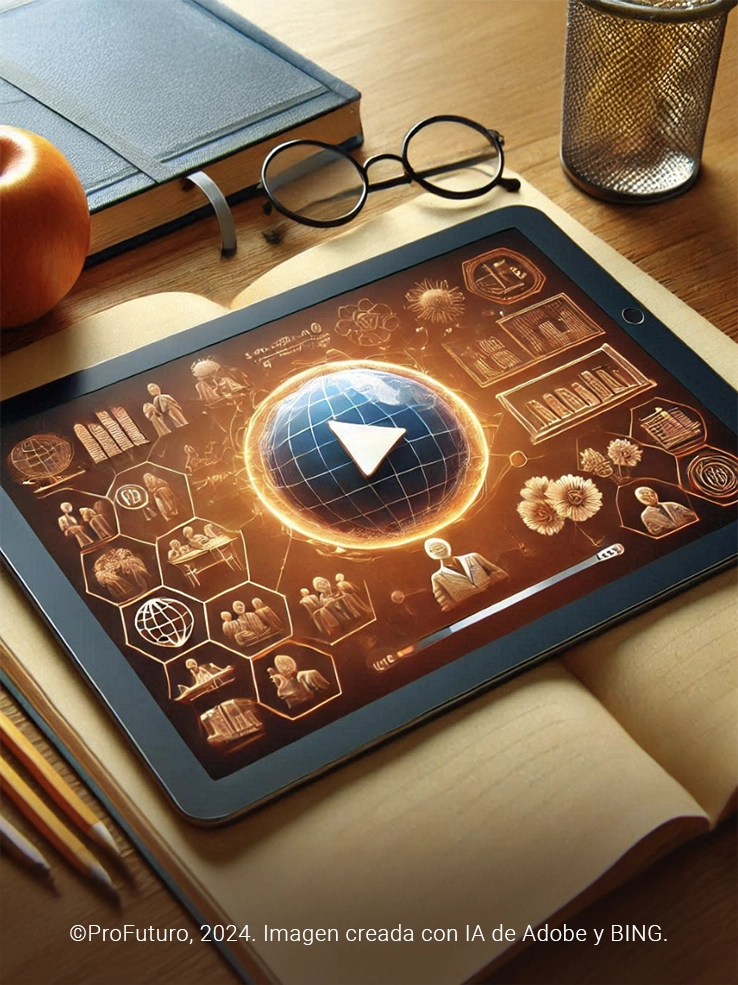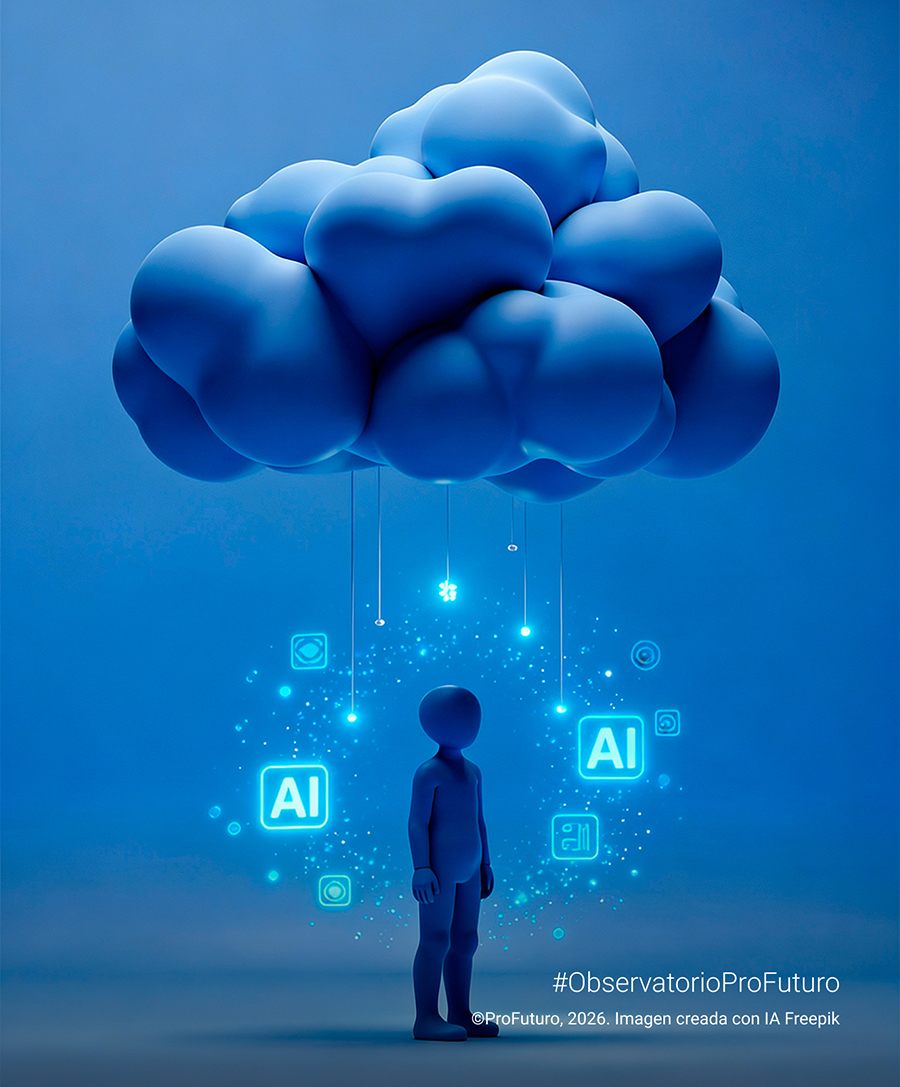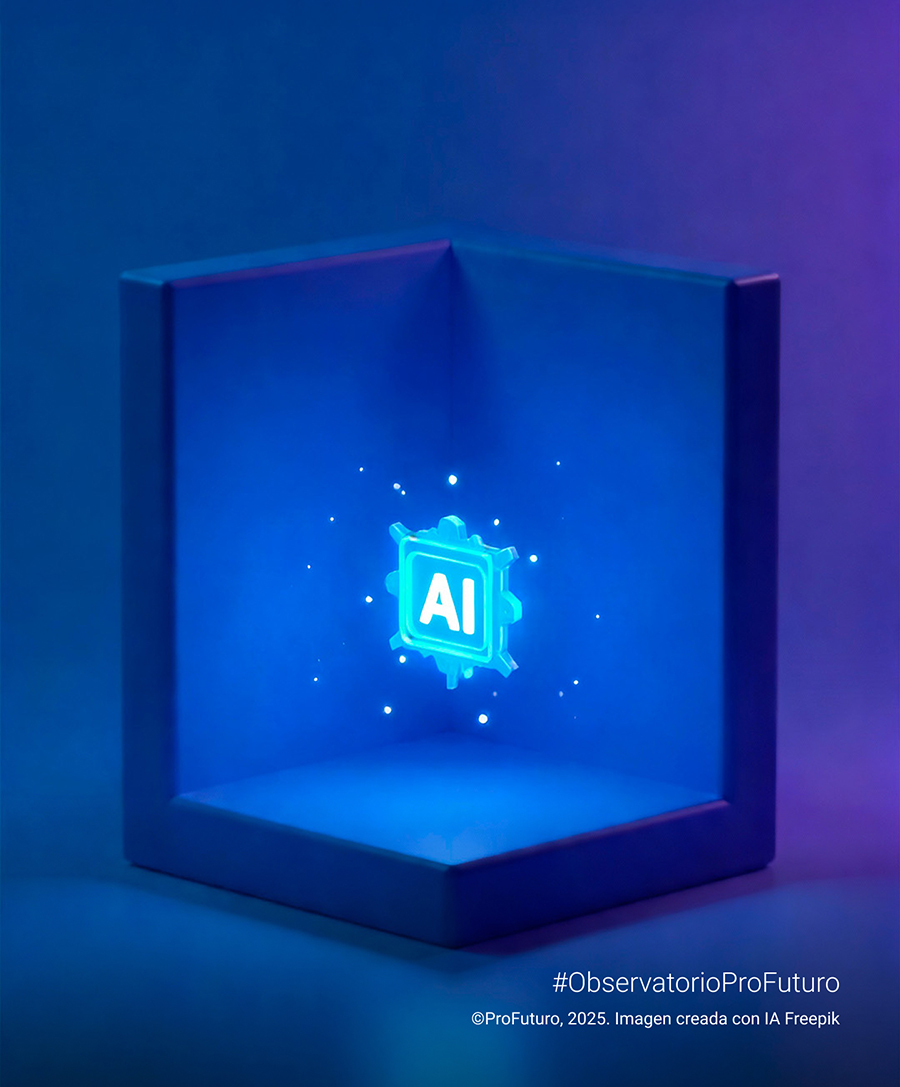Early Mathematics to Build Fairer Societies
Poverty impacts the proper learning of mathematics more than any other subject. However, based on recent discoveries in cognitive science, it is possible to develop math education in the earliest years of life to create a fairer society with critical citizens capable of understanding the mathematical relationships in the world around us. In this interview, Alejandro Maiche, PhD in Cognitive Psychology and expert in early math education, explains how.
Cerebriti: The Motivational Power of Gamification in the Classroom
Capturing and maintaining students’ interest in the digital age is no easy task. Cerebriti is an online platform that transforms academic content into interactive games and fun activities. It also allows students to create their own games for their peers, fostering creative thinking. At the Observatory, we interviewed its creator, Raúl Orejas, who shared key insights into his gamification project.
How to Design an Effective Socio-Educational Intervention
In this interview, Mamen Salcedo, an expert in the design and development of socio-educational projects for vulnerable groups, explains the factors to consider when designing an effective socio-educational intervention.
Training Teachers to Face the Technology Tsunami
Who integrates technology better into their teaching practices? What are teachers’ perceptions of the revolution happening in education with new technologies? What challenges do they face? What would ideal digital skills training look like? These questions are answered in the ProFuturo Observatory’s interview with teacher, expert, and technologist Charo Fernández. Don’t miss it.
Evidence-Based Education: Bringing It to the Classroom
Would you let your children take a medication whose effects haven’t been proven by multiple scientific studies? Then why don’t we demand the same of teaching methods? What is evidence-based education? Are we using it enough in education? All these questions are explored in our interview with Lara Crespo, a teacher who has “never stopped being a researcher.” Don’t miss the video interview.
“What Is Not Evaluated, Devalues”
“Anything that is not evaluated devalues. It loses importance and meaning.” These are the words of Juanmi Muñoz, an expert in educational and digital innovation and in integrating evaluation into teaching and learning processes. At the Observatory, we spoke with him, and in this video, we summarize key insights he shared on how to assess the use and outcomes of educational technology in the classroom.
Media Literacy: Navigating with Judgment
If you think Google reads your mind when it starts showing you ads about that trip you just started dreaming about, you need media and information literacy. In this interview, expert Mariaje González Flor explains what it entails and what skills we must master to be media-literate citizens.
Education and Screens: Training Over Prohibition
Those of us who studied the solar system, geographical features, or how the human body works in analog envy the countless resources our children have today to learn about black holes or how leukocytes work. The opportunities technology provides for education should be beyond question. However, there’s a movement advocating for a total ban on technology in classrooms, citing the risks involved. In this interview, expert Laura Cuesta explains why technology should not be banned in classrooms and how training should replace prohibition.
Education and Technology: The Promise of AI Under the Scrutiny
What enables the real and effective implementation of technology in the classroom? How can AI be used in classrooms to have a truly transformative impact? In this interview, EdTech expert Pablo Langa discusses the challenges and opportunities of artificial intelligence in education, highlighting key areas such as process optimization, personalized learning, and innovation in educational models. Concerns about equity, accuracy, and the need for digital literacy among teachers and students are also addressed, alongside regulatory and accessibility challenges for achieving transformative impact.
Brain, Emotions, and Learning: The “Neuroscientific Revolution” in Schools
Neuroscience is transforming the way we understand learning, showing that the brain is not just an organ of knowledge but also the epicenter of our emotions, motivations, and experiences. In this interview, José Sánchez García, an expert in neuroscience and psychology, guides us through the keys to applying these advances in classrooms. From the importance of a safe and motivating environment to the impact of stress and emotions on memory, we analyze how brain science can revolutionize education and enhance human development in future schools.






